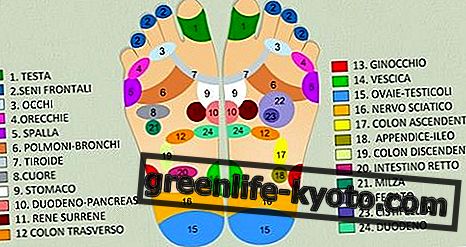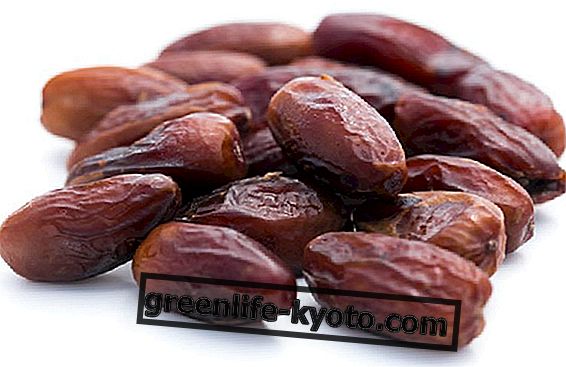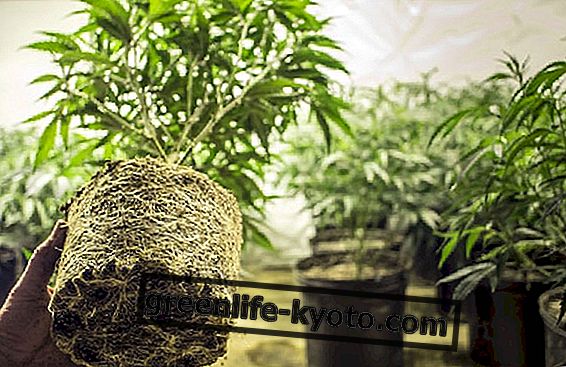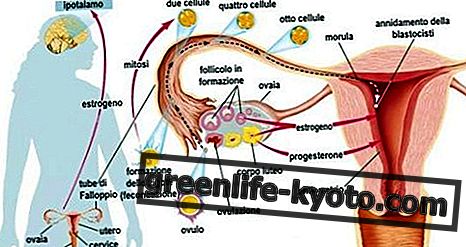
Irritable foods and intestines
Irritable bowel syndrome, also known as IBS, is a disorder that complicates the lives of many people, causing swelling, diarrhea or constipation and abdominal pain, often accompanied by real cramps.
There are many precautions and treatments that can be implemented, spread over several fronts; one of these concerns diet and eating habits .
Those who suffer from irritable bowels, know this well, must be very careful and not let their guard down: they should not overdo the fats, should generally maintain an adequate supply of fiber, ensuring good doses of fresh fruit and vegetables season. As recommended by the Veronesi.it Foundation, one of the main points is to avoid all foods rich in short-chain sugar .
However, each case is in itself: with the help of an expert nutritionist or dietician or dietician and thanks to a good knowledge of one's body and its reactions, it will be possible to build a food plan to follow, avoiding certain foods and welcoming others.
Cereals and FODMAP diet
A group of researchers from the University of Melbourne has developed a diet called the "FODMAP Diet" which would limit the damage caused by the irritable bowel, limiting certain foods - especially poorly absorbed and easily fermented carbohydrates - and introducing others.
According to this diet, whole grains are allowed, in particular those without or low in gluten, such as amaranth, oats, buckwheat, millet, quinoa, rice, corn, potatoes, sorghum, tapioca.
Instead, all those cereals and derivatives produced with refined wheat would be avoided, as well as legume flours, such as chickpea, lentils, peas, soya; among the cereals that are not recommended, there are barley, rye, spelled and kamut, normally considered valuable for those who have healthy intestines.
Barley for irritable bowel
Barley in particular, if it is true that for those who do not suffer from disorders it is an excellent cereal, able to purify and detoxify the liver and intestines and to strengthen the body, as it is rich in precious nutrients, for those suffering from irritable bowel disease its grains are deleterious .
In fact , containing starches, gluten and maltose, simple sugar derived from the fermentation of the cereal, a very negative reaction is triggered by their combination in the lower abdomen, which gives rise to swelling, meteorism and often diarrhea.
Those suffering from irritable bowel disease should just avoid or limit all those barley-based dishes in grains, such as barley salads, soups, orzotti or barley risottos, so as to prevent pain and disasters.
The fantasy in the kitchen fortunately meets you: try to replace the barley with other less dangerous grains, such as those of buckwheat, or small grains of millet, quinoa and amaranth; or still have fun experimenting with risottos with forgotten cereals that are returning to our tables, like sorghum .












